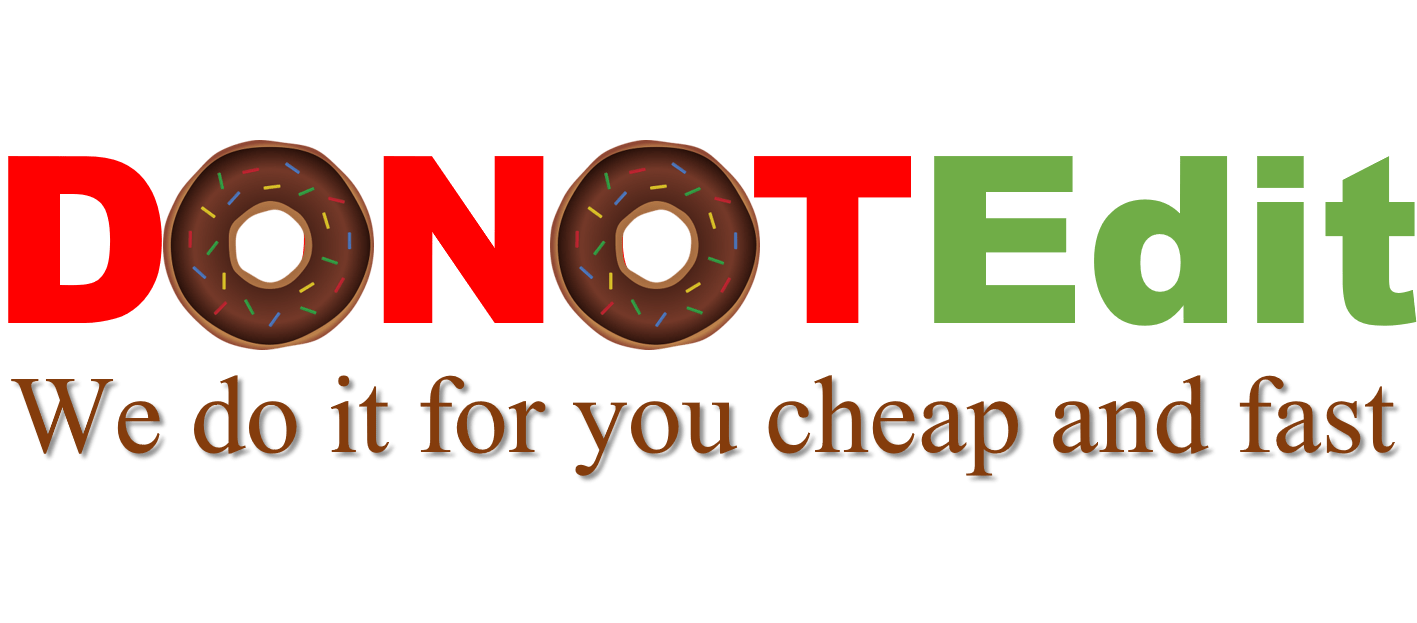ResearchGate finally surrendered to the copyright violation charges after a dispute with publication giants, such as Elsevier and Wiley. It was decided that this site should restrict access to approximately 1.7 million online articles. The publishers considered this a great victory on their side. Read this post to find out more about ResearchGate and its copyright infringement issues.
About ResearchGate
ResearchGate is a non-profit organization founded in Berlin, Germany in 2008. This website is one of the largest academic networks that allows users to upload and share journal articles, book chapters, abstracts, and more. Interestingly, ResearchGate has been launched by venture capitalists and science funders, including Goldman Sachs, the Wellcome Trust charity, and Bill Gates. However, the site has recently gone under heavy scrutiny for copyright infringement and breach of the Coalition for Responsible Sharing (CRS). A recent study addressed the magnitude of this site violation. It was found out that the publisher’s copyright was violated in 201 out of 500 articles that were randomly selected.
Allegations on ResearchGate
In September 2017, the International Association of Scientific, Technical and Medical Publishers (STM) formally declared their concerns about the policy of unauthorized future exchange of articles. They expressed their concerns in a letter to ResearchGate. The letter asked ResearchGate to implement an automated system for assigning copyright to the articles but ResearchGate rejected the offer. Instead, it sent an alternative option called a “takedown notice” to publishers who had set up a formal notice. Accordingly, a group of five publishers, called the Coalition for Responsible Sharing (including ACS, Wiley, Elsevier, Brill, and Wolters Kluwer), were requested to send takedown notices to announce copyright infringements.
Since almost 7 million copyrighted articles were freely available on ResearchGate, this method seemed impractical. Instead, ACS and Elsevier filed a lawsuit in Germany asking ResearchGate to clarify its legitimacy for sharing such content. In the underlying process of the site, in an internet search for copyrighted articles, the researchers are asked to upload a revised version of the articles to their ResearchGate portfolio. Clearly, this would have ensured that ResearchGate would lose some of its data available online or pay for damages in court.

ResearchGate Guilty of Copyright Infringement
In early November 2017, under pressure from publication giants, ResearchGate removed at least 1.7 million copyrighted articles from its website. A few months after the conflict, this change ensured that articles would no longer be freely available online, but could be requested directly from authors. Therefore, the responsibility for providing/denying access to articles based on the sharing policy rested with the researchers themselves. The decision to prevent access to nearly 2 million articles was the first positive step, according to CRS spokesman James Milne. In addition, a private sharing network could improve the security policies of sharing articles.
The dispute with ResearchGate was accompanied by a series of actions by publishers against several websites that provided free access to copyrighted articles. In 2013, for example, Elsevier sent 2800 “takedown notices” to Academia.edu. Moreover, Elsevier and ACS jointly filed a lawsuit against Sci-Hub. The popularity of copyright infringement underscores the major problem that exists for academic publishers in the absence of affordable licensing agreements. Publishers need a “fair deal” on subscription fees and models for free access to articles in the near future.

One of the attempts for free scientific research is the development of the “Free the Science” initiative. This long-term vision, adopted by the electrochemical community, aims to bring about a transformative change in the scientific research community. Other efforts are underway to develop a new scientific nonprofit network called the ScholarlyHub. Historian Guy Geltner has led a nonprofit science project in an attempt to create a portal for publications and academic networks. Impending projects, unlike existing academic networks, allow academics to own their data in a science-oriented nonprofit community. Therefore, these new approaches to scientific communication can provide a pre-requisite for a shift in the existing paradigms.
What is your opinion about the actions of ResearchGate? Do you also think that this step is a great win in terms of copyright infringement? As always, you can share your thoughts with us in the comments section below.
